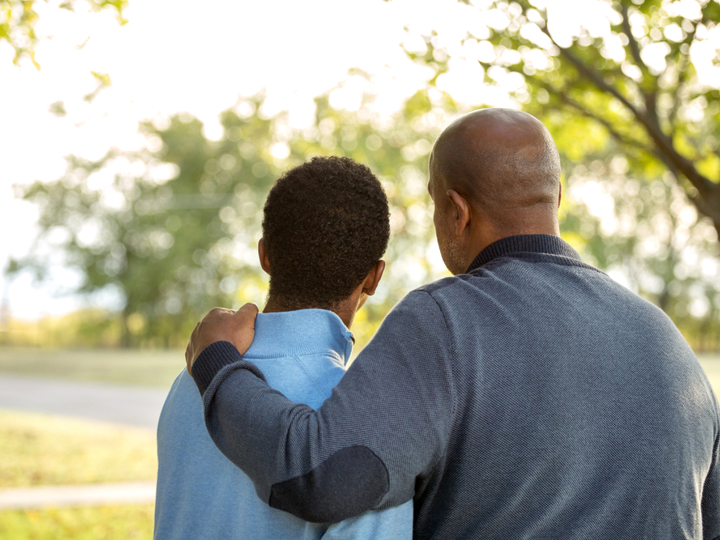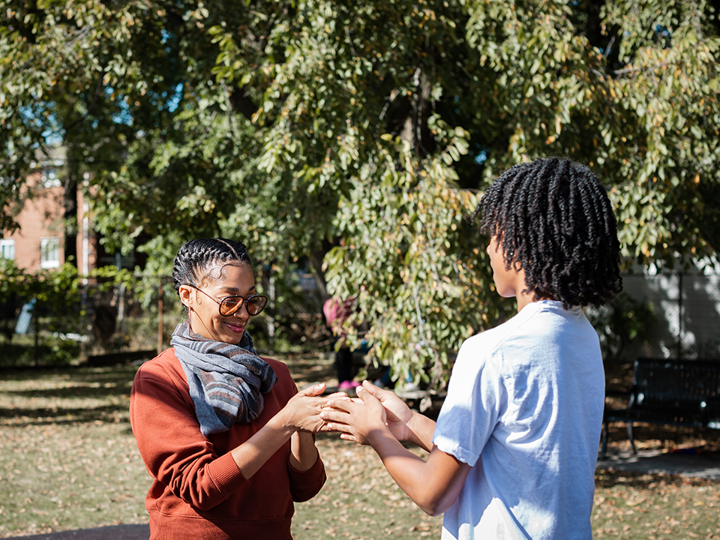Transition in healthcare

This information is designed to support your young person's transition journey to adult healthcare services.
Information for young people
It is important for young people to be involved in their transition. Young people can read more about transition on our website. Or for a summary version you can download the PDF.
What transition means
Transition is the process of preparing to move on from children's to adult healthcare services. Transition should happen gradually. This can help to give your child and those involved in their care time to get ready to make the move. Families should be supported to prepare for their changing role.
Adolescence can be a challenging time, with extra challenges for those with a long term health condition. Parents can support the transition process by helping the young person to take more responsibility for their healthcare and in developing their independence. Starting this early will mean they are more confident with managing their healthcare in adult services.
Some young people will continue to need the care and support of their parent or carer into adulthood. If you are caring for a young person with a life limiting condition, the move to adult healthcare may be a confusing time with lots of mixed feelings.
Transition should involve you as a parent or carer. It should ensure you are prepared for the changes in your rights as your child reaches adulthood and in how services may be organised and delivered differently.
Changes to be aware of
Family
You and your young person may have questions about how their condition might affect adult life, like career choices, benefits, relationships or family planning. It is a good idea to discuss these with their healthcare team, who can provide information about other organisations that can help.
Transition programmes
There are 2 frameworks we use in the Children's Community Specialist Nursing Service. These can help support the young person and their family to gain the knowledge and skills to manage their health conditions into adulthood. Read more information on the commonly used programmes below:
Parents and carer support

Learning disabilities and/or autism
SEND
When a young person with a disability reaches 18 years old, the responsibility for providing their social care support transfers from children to adult social care and health services. The services provided may change. This could mean that they are no longer eligible for the same services, or that different services may be more suitable.
A transition plan into adulthood should be made before the young person's 18th birthday to reflect all their needs for education, training, leisure, employment, health, wellbeing and social care. The plan is to enable young people to live as independently as possible.
For more information please contact your local Adult Social Care Team:
Reasonable adjustments
The NHS has to make it as easy for people with disabilities to use health services as it is for people who are not disabled. Making reasonable adjustments means ensuring people with disabilities have equal access to good quality healthcare. Ask a GP to add a reasonable adjustments flag to the young person's summary care record. Read more about sharing information about support needs.
Consent, confidentiality and finances
Hospital passports
A hospital passport tells the hospital about your young person's needs, healthcare, how they like to communicate and how to make things easier for them. Read more about:

